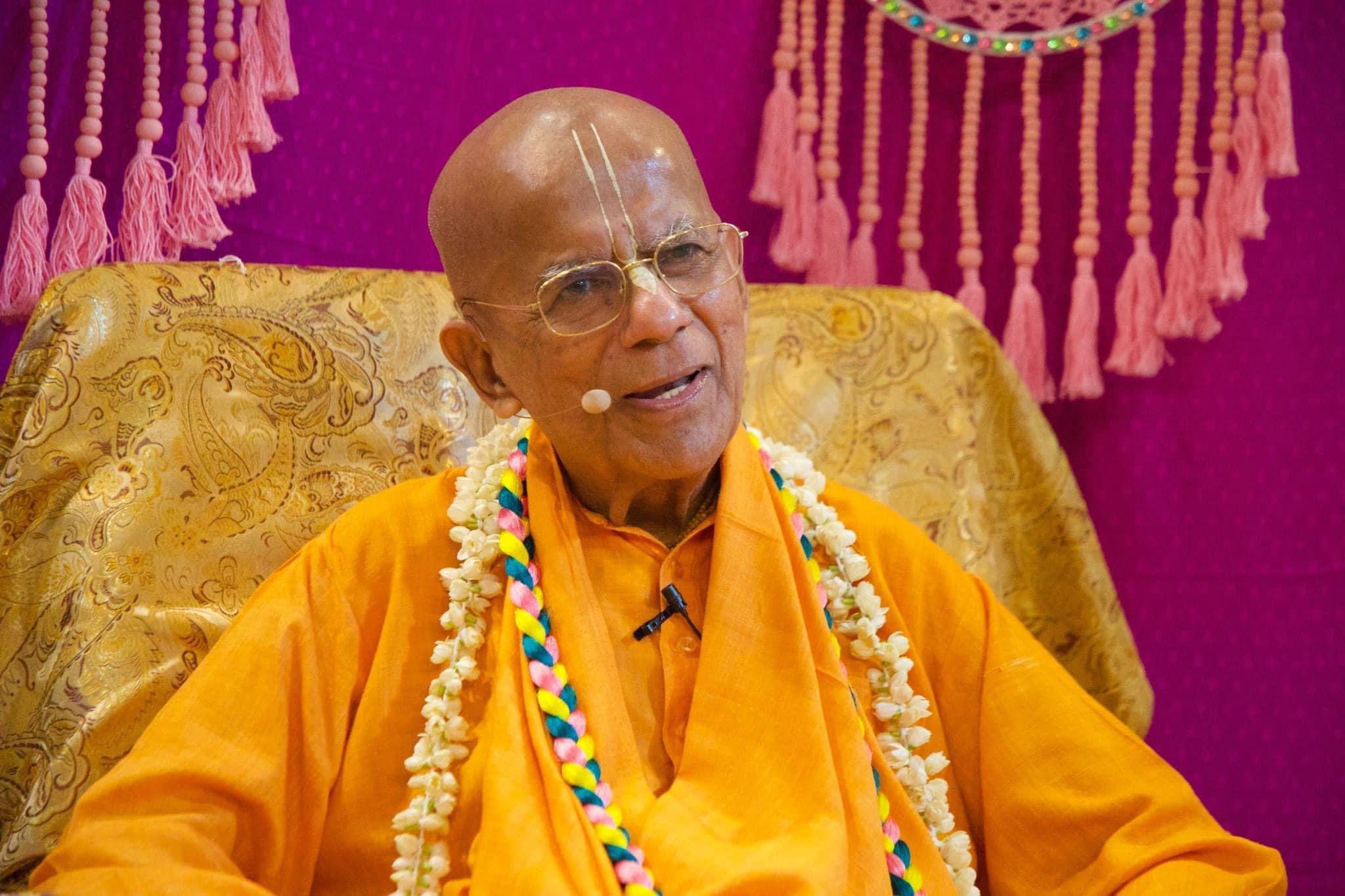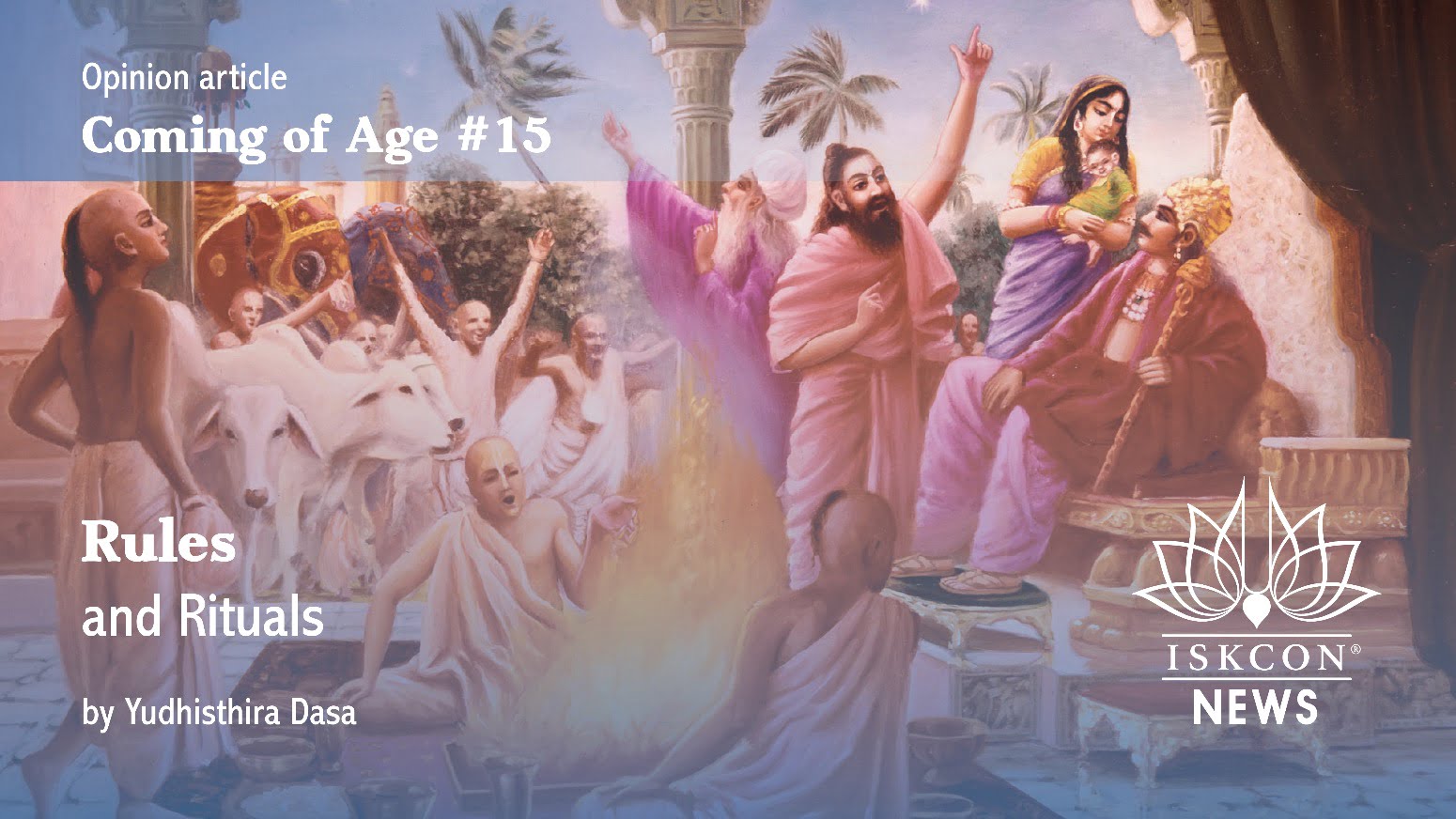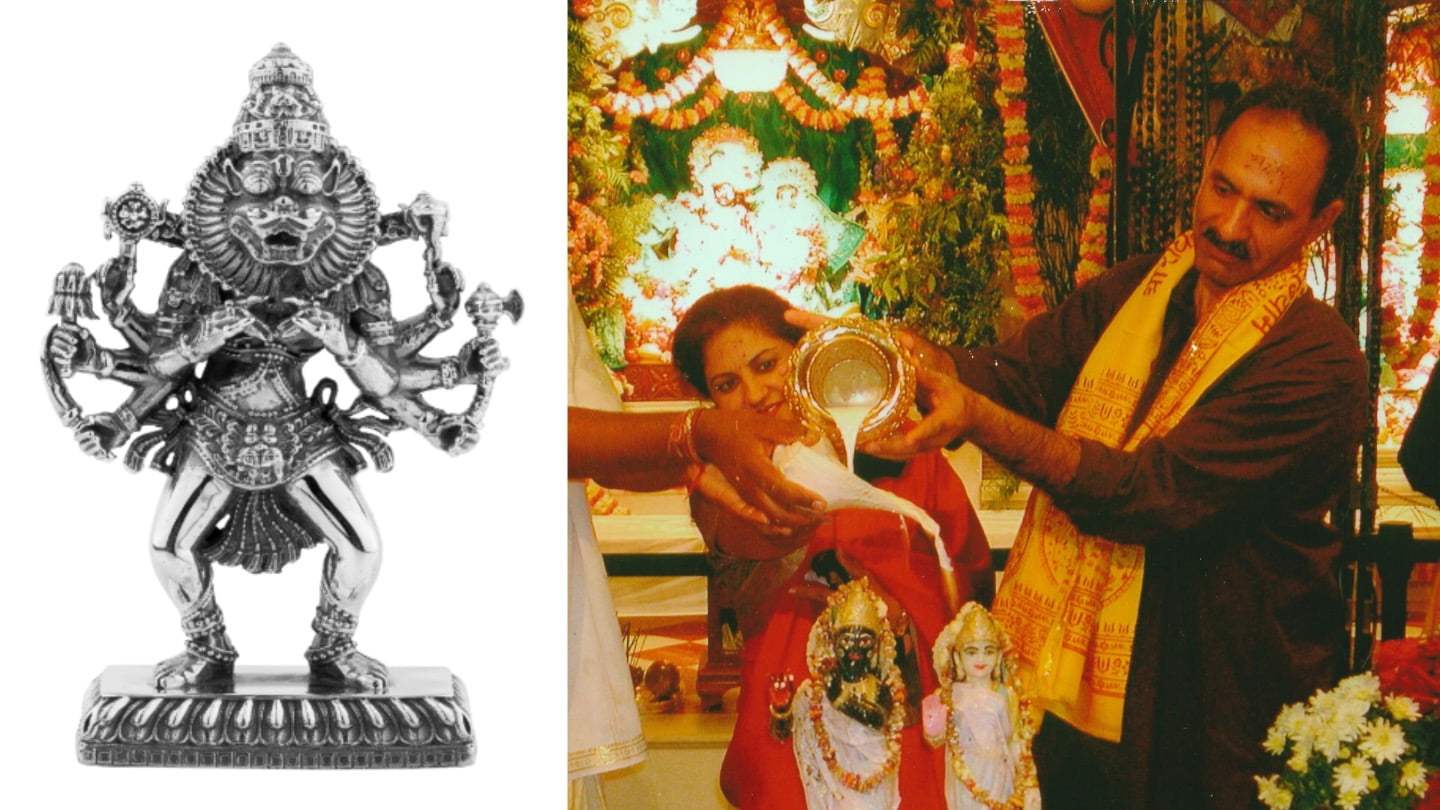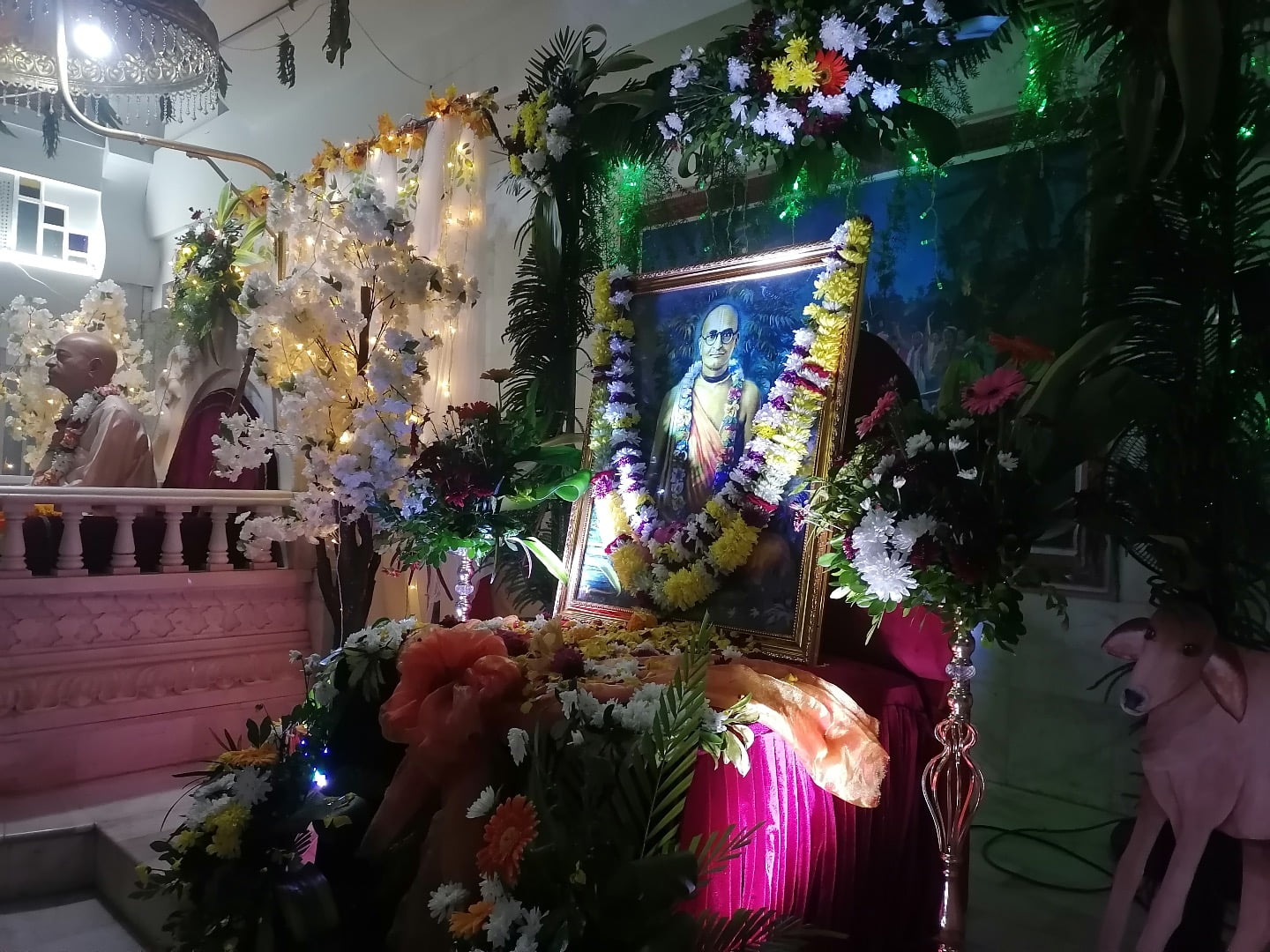Ash Wednesday Marks the Start of Lent
By Jen Alexander McCall | Feb 18, 2010
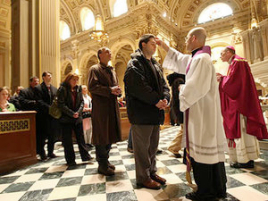
After the raucous celebrations of Mardi Gras, many Christians are now preparing for the time of reflection and sacrifice that marks the season of Lent.
For many, the practice of observing Lent, the 40-day period that begins on Ash Wednesday and ends at Easter, is inspired by the 40 days Jesus spent in the wilderness, a story shared in the New Testament. In the story, Jesus fasted and prayed and was tempted by Satan. The end of Lent for some falls on Holy Saturday, the day before Easter Sunday, and for others on the evening of Holy Thursday, the day before Good Friday.
“Lent goes back to the tradition of prophets going into the desert to be purified before going out to do what they felt God called them to do,” said the Rev. Thomas Murphy of St. Stephen Catholic Church in Hinesville, Georgia.
Murphy said the time of Lent itself, 40 days, carries meaning because 40 is a number well-represented in the Bible and in Jewish tradition. “Forty is a holy number which means a certain amount of time to complete a mission, or purpose,” he said.
On Ash Wednesday, Christians may wear ashes on their foreheads to represent the Old Testament custom associated with mourning, humility and repentance, and also to remind them of their mortality, Murphy said.
“We also believe the grave is significant, because it’s a sign of hope that promises resurrection. So it’s also a joyful occasion.”
During Lent, observers are often encouraged to reflect on the sinful nature of humankind and practice solemn observance, prayer and meditation, penance and self-discipline. Murphy said his congregants focus on the communion of pascal mystery, which includes the suffering, death and resurrection of Jesus.
Lent observers follow long-held traditions in daily life as well as in worship. One of these traditions is to abstain from eating meat on certain days as a form of fasting, or dietary discipline. Friday is the most common day to eat fish or other meatless meals, though some more traditional Lent observers will avoid meat on Wednesdays as well.
Observers of Lent who are less inclined to throw all cares to the wind in a Fat Tuesday celebration may instead observe Shrove Tuesday, the day when oils, fats and eggs are used up in preparation for fasting days.
In the past, many people would abstain from not just meat but from all rich foods.
Murphy said the traditions of Lent are not uniquely Catholic traditions; many go back to the church’s roots in the Jewish faith and are today observed in many liturgical Protestant communities. “It’s just a period of time of cleansing. It’s a very beautiful devotion,” he said. “It’s a season. The Lord had a Lent, so we do, too.”






